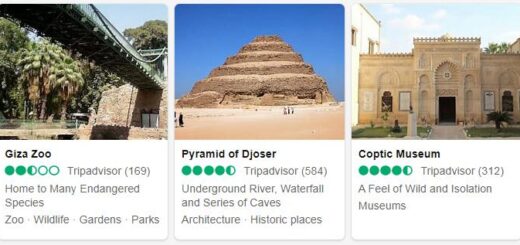Burundi 2018
In 2018, Burundi had a population of approximately 11.6 million people. The economy is largely based on agriculture and services, while tea and coffee are the main exports. Kirundi and French are the official languages although other languages such as Swahili are also spoken. According to extrareference, Burundi is a presidential republic with an executive branch headed by the President who is elected for a five-year term. The legislative branch consists of a bicameral parliament (the Senate and the House of Representatives). In terms of foreign relations, Burundi maintains diplomatic ties with over 50 countries around the world and has close ties with its neighbors in East Africa such as Rwanda, Tanzania and Uganda. The government also works closely with international organizations such as the United Nations, African Union (AU), World Bank, International Monetary Fund (IMF), World Trade Organization (WTO) and East African Community (EAC).
Yearbook 2018
Burundi. In a referendum on May 17, amendments to the Constitution were passed that, among other things, strengthen the president’s power and extend his term of office. The vote was preceded by strong pressure on the opposition, which was criticized by several countries and human rights groups. Of the electorate, 73% supported the proposal to extend the president’s term of office from five to seven years from 2020. Theoretically, current president Pierre Nkurunziza can stand again and sit until 2034. Barely a fifth voted no. The turnout was over 90%. The government threatened to call for a boycott of up to three years in prison, as the exile-based opposition coalition CNARED did. Human rights groups such as Human Rights Watch stated that the security forces and the ruling party CNDD-FDD’s youth union Imbonerakure pursued opposition and committed murder.
In April, the president reformed his government. Among other things, he replaced Foreign Minister Alain-Aimé Nyamitwe, who was appointed in 2015 after the failed coup attempt and who led the attempts to counter the outside world’s criticism of the opposition against the opposition. New Foreign Minister Ezéchiel Nibigira was former leader of Imbonerakure.
- According to Abbreviationfinder: BDI is an three letter acronym for Burundi.
Just before the referendum, local broadcasting rights were also revoked for the British BBC and US VOA for six months, citing that they violated the media laws. Groups such as Reporters Without Borders (RSF) criticized the decision.
According to Countryaah.com, Gitega is the capital city of Burundi, a country located in Eastern Africa. Nkurunziza unexpectedly announced in June that he did not intend to remain after 2020. The EU and the United States welcomed the message and urged the government to continue to improve the opportunities for political debate.
The new constitution prevents coalitions between independent candidates, which stops the opposition group Amizero y’Abarundi. In September, the FNL Amizero y’Abarundi (National Front of Liberty – Hope for the Burundians) was formed as a counterpart. It is led by former rebel leader Agathon Rwasa, who is the Deputy Speaker of Parliament. However, the party had not been registered in mid-November.
The regional organization of the EAC, Tanzania’s former President Benjamin Mkapa, conducted several mediation rounds between the ruling party, its allies and the opposition without breakthrough.
More than 130 foreign NGOs were told that their work permit was withdrawn from October 1 until they re-registered. They were given a period of three months to request new permits. Among the requirements, it was noted that they must deposit one third of their assets in the central bank and respect quotas between the hutu (60%) and Tutsi (40%) ethnic groups among employees. Amnesty International considered that there was an infringement on freedom of association.
A special UN group investigating suspected crimes in Burundi since 2015 reiterated its concern for the development in September and maintained that the human rights situation had not improved. Extrajudicial executions, arbitrary imprisonment, torture and rape occurred. Criticism was directed at the difficulty of the opposition to work and increased poverty. Burundi has criticized the process and threatened to prosecute the three UN experts. UN Human Rights Commissioner Michelle Bachelet criticized Burundi’s lack of cooperation.
UN Refugee Agency UNHCR helped about 378,000 Burundian refugees, of which just over half in neighboring Tanzania. In November, almost a third of the funding had been covered.



